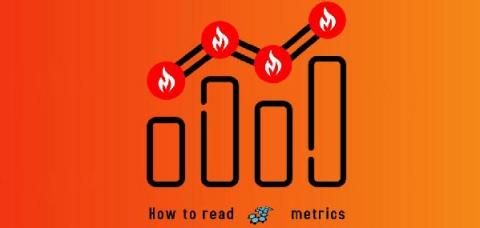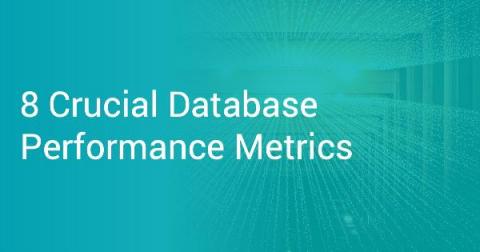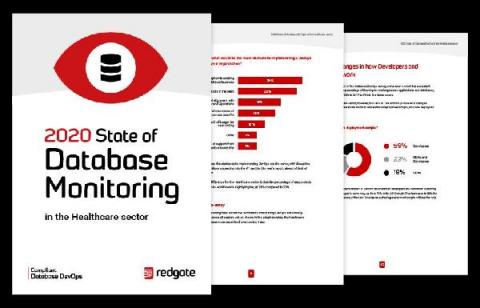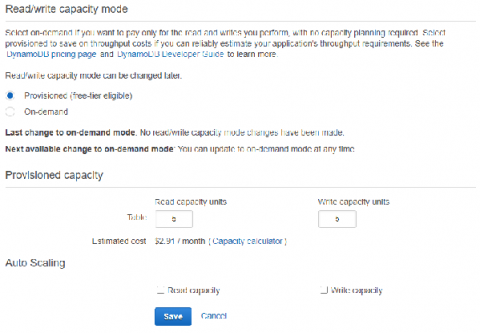Operations | Monitoring | ITSM | DevOps | Cloud
Latest News
Performance Tuning in MySQL
MySQL is an open source database application that creates meaningful structure and accessibility for large amounts of data.. But, with large data comes performance issues. This article will give you performance tuning in MySQL tips in order to boost its performance.
Customer tips for improving productivity with Redgate products
Grafana - How to read Graphite Metrics
Before getting started on how to read Graphite metrics, let us first dive into understanding what Grafana is all about. In a nutshell, Grafana is an open source analytics and monitoring solution, developed and supported by Grafana Labs. It allows you to query, display graphs and set alerts on your time-series metrics no matter where the data is stored.
Securing SQL Server with DoD STIGs
8 Crucial Database Performance Metrics
What are the most important database performance metrics, and how do you monitor them? This is a question many IT professionals would like the answer to. We can collect and use a wide range of database metrics to analyze database and server resource consumption, not to mention overall usage. You are probably wondering why this is essential for business, so let’s explore this next.
10 Most Popular Databases You Should Know Apart From MySQL
Databases are everywhere these days, every application uses databases to store, organize and retrieve data. It has become more efficient than paper storage since it does not require more space and can also be easily accessed by multiple users at a time. There is an increase in demand for processing vast collections of data and this has become the most important reason for several companies to use databases.











